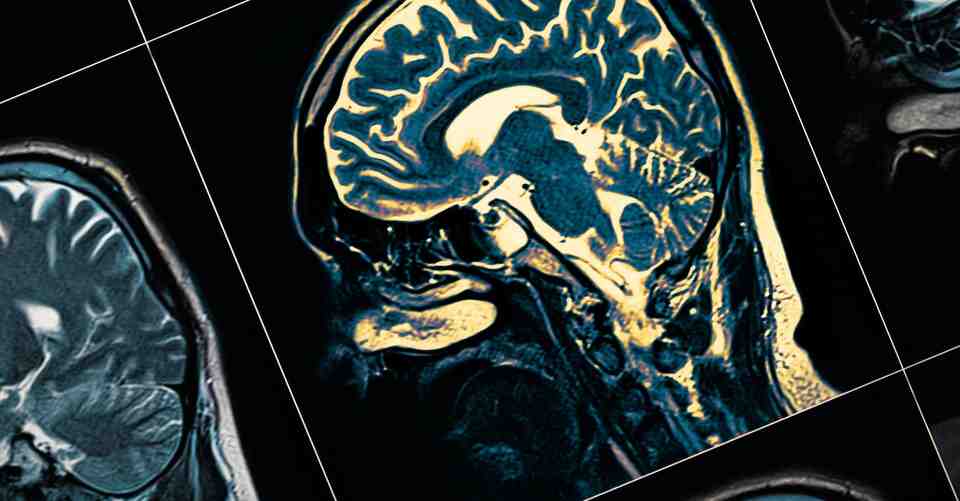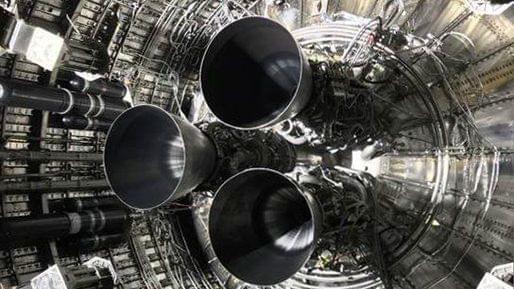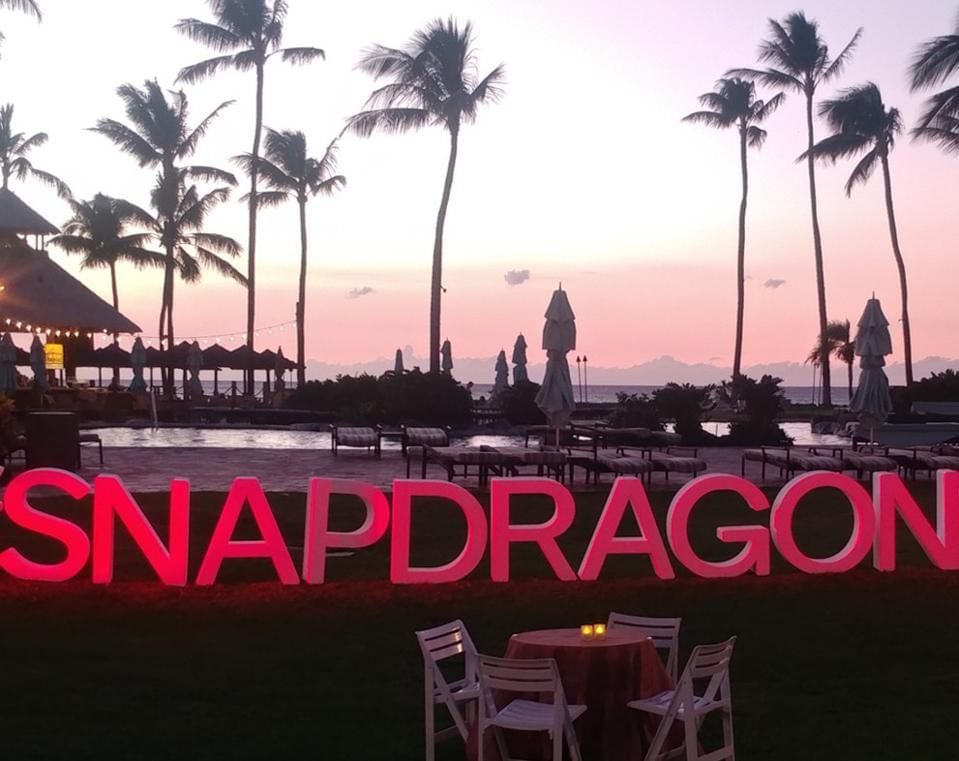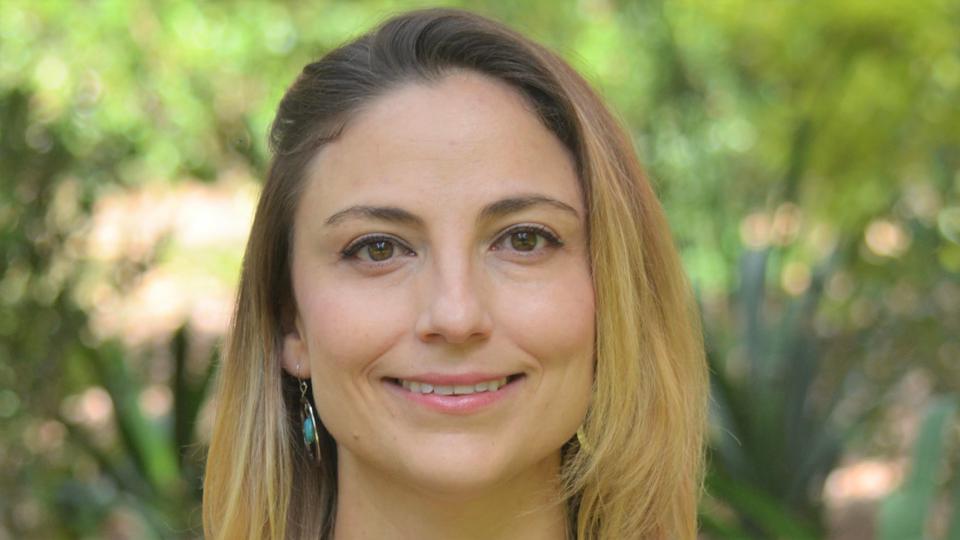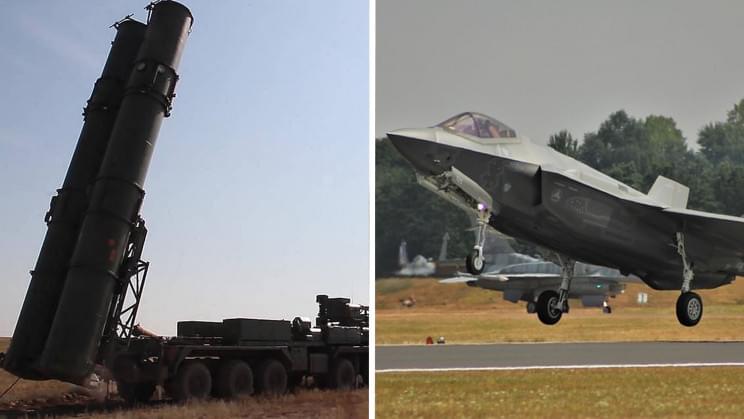On Christmas Eve, three days after its launch, Apollo 8 reached its destination, successfully carrying humans closer to the Moon than ever before. Finally, the US had beaten the Soviets to a major lunar milestone.
It would have been possible for the crew to simply loop around the Moon and come straight back to Earth. But since the mission was running smoothly (bar a case of space sickness on the part of Commander Frank Borman), the order was given to enter lunar orbit.
The crew now had to fire the service module’s engine for exactly the right amount of time.

